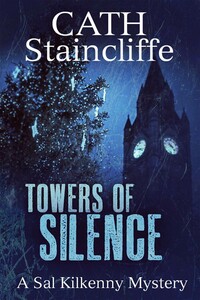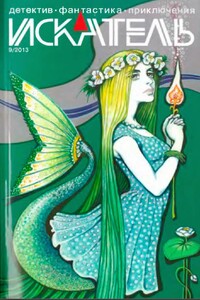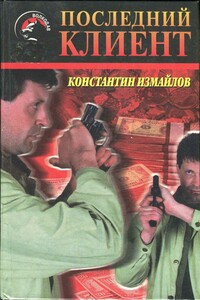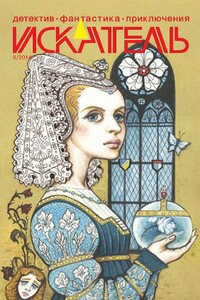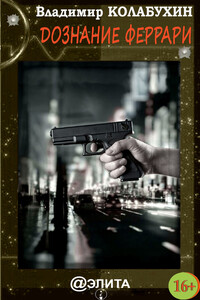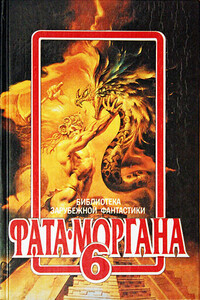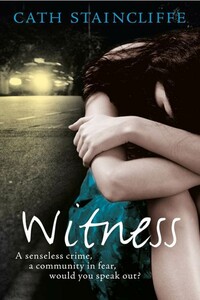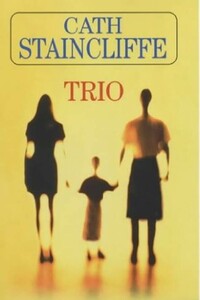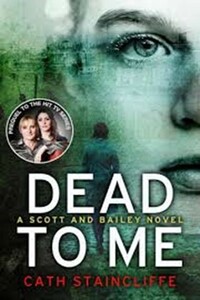It was the festive season. Less than three weeks till Christmas but we’d all been smothered with tinsel, fake snow, holly and Santa Claus since they’d whipped the Hallowe’en stuff away at the beginning of November. We were on the home run. Three weeks and counting, nineteen shopping days. Well, every day was a shopping day and half the nights an’ all. The Manchester stores were busy, tills-a-bleeping in the steady chant of commerce, shop windows ablaze with all the sparkling ingredients for that magical celebration, the city festooned with luxury. Samaritans signing up for extra duty on the phone lines. Festive season, restive season.
I had three bags full of stuff and a creeping headache from the combination of over warm shops, desperate concentration and the noxious fumes of the perfume departments which were strategically placed inside the entrances to most of the big shops. I’d still got nothing for Ray, my housemate, nor Laura, his girlfriend. What did you get a thirty-something of Italian ancestry whose sole interests are carpentry and computing? A chisel? A mouse mat? On a par with treating your mother to a duster, I reckon.
I knew it was time to cut my losses and get the bus back. If I spent any more money it would be ill spent on poor choices. I knew; I’d been here before.
I clambered onto the bus, got my ticket and sat down easing the bags onto my knees with a sigh of relief. I rubbed at the deep welts the carriers had carved in my fingers. The bus trundled along Cross Street and swung round by Albert Square. I craned my neck to look at the inflatable Santa suspended halfway up the Town Hall. The comic blow-up doll hardly complemented the Victorian splendour of the building. The place boasted a clock tower and a soaring style that celebrated the civic pride of nineteenth century Manchester; it was a testament to the time when Manchester ruled the world, and not just in football and music.
You’d think they could have got someone to design a Victorian-style Father Christmas, like in the old picture books, chubby cheeks, curling beard and moustache, twinkling eyes instead of this paddling pool monstrosity. Maddie, Tom and presumably all the other children thought it was great but I reckon it was the idea they liked (as did I) rather than the thing itself.
Barring hold-ups I would just have time to get the two of them back from school and get round the corner to the office for my four o’ clock appointment with the Johnstones. Transforming myself from Sal Kilkenny, single-parent, to Sal Kilkenny, private eye. New clients and I’d yet to find out what they wanted from me. But whatever it was, the money would come in handy for Christmas. I didn’t know then that I was going to turn them away. I didn’t know a lot of things then. Let’s just say I’ve had better Christmases.
“Everybody had decided it was suicide but it just didn’t make sense.”
“You weren’t happy with the coroner’s verdict?”
She assessed me. “No.” Connie Johnstone, a black woman in her mid-twenties, was doing the talking. Her teenage sister, Martina, nodded in agreement now and again or scowled at my questions, their brother Roland, the youngest of the three at fourteen, kept his arms folded and his eyes averted. Connie’s boyfriend, a white man who had introduced himself in a strong Irish accent as Patrick Dowley, watched me silently.
I’d not expected four of them and had to bring down chairs from the kitchen to the cellar so they could all sit down.
“What weren’t you happy about?”
She held my gaze for a moment, eyes the colour of hazelnut shells, her skin a shade or two darker. Her black hair was braided in corn rows. There was an edge of pain in her expression then she blinked slowly and took a breath.
“Ma was scared of heights. Petrified. She would never have gone up there. Not in a million years.”
“Even if she were distressed?”
“Particularly then. Like I said she had periods of depression and at times she’d get anxious, start getting paranoid about things but she wasn’t mad,” she snapped the word defiantly, “she never lost it completely. If she had started feeling down she would never have gone there, she’d not have gone out.”
Martina nodded slowly. Patrick shifted his weight on the chair. Roland swallowed.
“You told the coroner this?”
“Yes. But it didn’t make any difference. He’d made up his mind, they all had. Once they knew she’d been treated for depression, that she’d spent time in hospital, then that was it. Case closed. Mentally ill – chucks herself off a building,” she said harshly. “That explained it for them but not for us. It didn’t make sense. If she had wanted to kill herself she’d have done it some other way.”
“She wasn’t even depressed,” Patrick put in quickly. His hair was cropped close to his skull, he wore small wire glasses. He was thin-faced and blue veins showed through his milky complexion. “We saw her on the Wednesday and she was okay then. She hadn’t been bad for months.”
